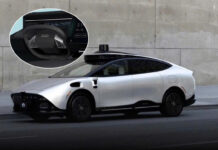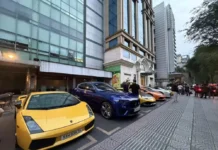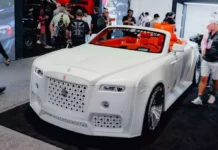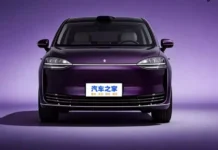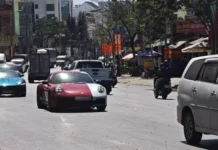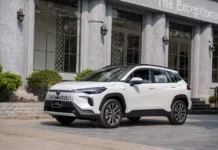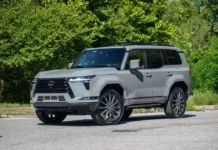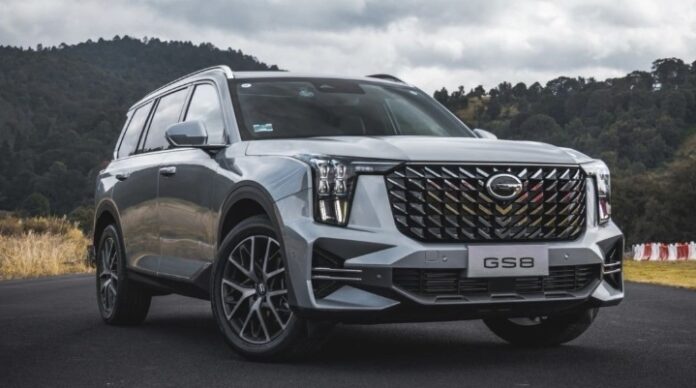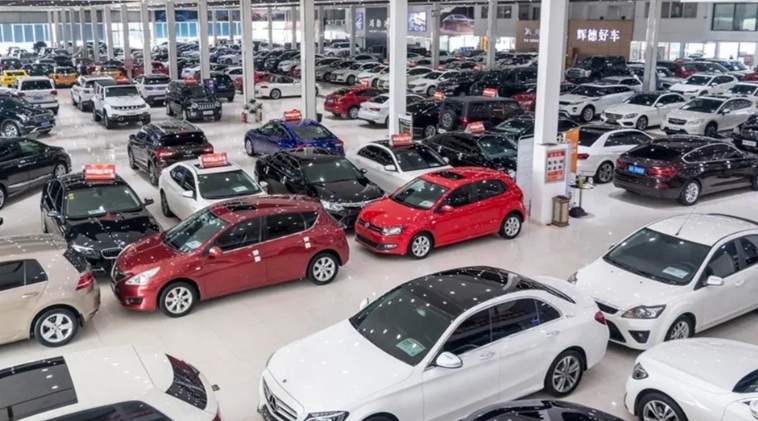To stay afloat amidst pricing wars and business pressures, many dealerships in China are resorting to a controversial strategy: legitimizing new cars as used ones to offer them at lower prices.
In a bid to boost sales and stay competitive, many Chinese auto dealerships are now employing a “register-then-resell” tactic. They purchase new vehicles from manufacturers, register them to get a license plate and then resell them as used cars, even though they’ve never been driven. This allows dealers to offer these ‘new-but-registered’ cars at significantly lower prices than their original market value.
Wei Jianjun, Chairman of Great Wall Motor (GWM), recently shed light on this issue in an interview with Sina Finance. He revealed that there are at least 3,000 to 4,000 dealers on used car e-commerce platforms engaging in this practice. While these cars have license plates, they have never actually been used.
According to Wei, this strategy is a consequence of the prolonged price war in the automotive industry, forcing manufacturers to find ways to meet sales targets and maintain cash flow. However, the long-term implications include market distortion and financial strain on the entire supply chain.
Tian Maowei, Sales Director at Yiyou Auto Service in Shanghai, considers this ‘new car disguise’ a temporary solution for automakers. “Selling new cars through the used car channel at discounted prices helps companies reduce inventory. But in the long run, it severely damages the entire market by pulling down prices, making it difficult for manufacturers to break even,” Tian explained.
In fact, these ‘new-but-registered’ cars are typically offered at 20-30% lower than the price of a new car with the same configuration, a significant enough difference to disrupt both the used and new car markets.
Concerned about this unusual trend, China’s Ministry of Commerce held an emergency meeting with major automakers like BYD and Dongfeng to understand and assess the impact of this business model. Although no official conclusion has been made public, observers believe the government will intervene if this practice continues to spread and harm the market structure.
In a notable development this week, BYD announced a new round of price cuts ranging from 10% to 30% for its Dynasty and Ocean models, effective until June 30. This move is seen as a sign of yet another price war, which has already eroded the profits of numerous automakers, particularly the younger companies.
Tu Le, CEO of Sino Auto Insights, a consulting firm, warned that this could be the “first domino to fall” for weaker startups like Neta and Polestar. “With prices continuously plummeting, companies without sufficient financial resources or production scale will struggle to survive,” he said.
Chairman Wei of GWM drew a parallel between the current state of the Chinese automotive industry and Evergrande, the real estate giant that collapsed under a mountain of debt. He emphasized that price pressure is weighing heavily on the entire supply chain, from automakers to parts suppliers, making the industry’s financial landscape more fragile than ever.
Over the past decade, China’s automotive market has witnessed a boom in startups, especially in the electric vehicle sector. However, intense competition, price pressures, and disappointing sales are now pushing many of these businesses to the brink.
Data from Jato Dynamics reveals that out of 169 active automakers in China, more than half have a market share of less than 0.1%—a statistic reminiscent of the early 20th-century American automotive industry, where hundreds of small manufacturers were weeded out as the market entered a ruthless phase of consolidation.




